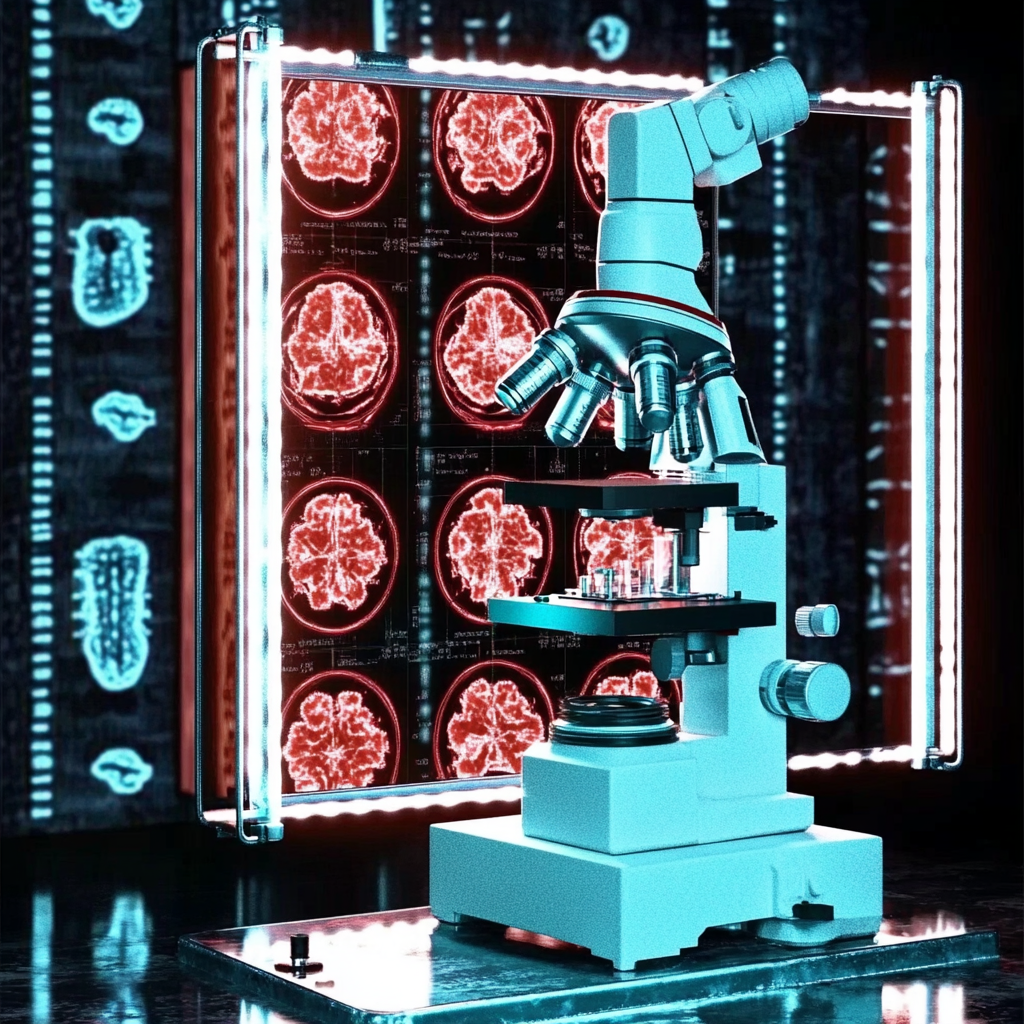Background
Interstitial cystitis (IC) is a long-lasting condition that causes pelvic pain and frequent urination. Current treatments often combine different therapies, but their success is still being studied. This research looked at a treatment plan that includes a special solution inserted into the bladder, along with other procedures, to see how well it works.
Methods
From June 2016 to June 2023, patients diagnosed with interstitial cystitis at Xuzhou Central Hospital were included in the study. They received a treatment involving a solution of lidocaine, sodium bicarbonate, and heparin for six months. Patients were randomly divided into two groups: one group received additional procedures (hydrodistention and transurethral fulguration), while the other did not. Various measurements, including urination frequency and pain levels, were taken before treatment and at three and six months after treatment.
Results
A total of 68 patients participated, with an average age of about 59 years. After three and six months, both groups showed a significant decrease in urination frequency and improvement in bladder function. However, the group that received additional procedures had even better results. Pain and anxiety levels also decreased significantly in both groups after treatment.
Conclusions
The combination of intravesical instillation with hydrodistention and transurethral fulguration is an effective treatment for interstitial cystitis. It significantly reduces pain and improves bladder function. Monitoring bladder health with ultrasound and using symptom scores can effectively evaluate treatment success.
Opportunities for Clinics
Based on the trial data, clinics can set measurable goals to improve patient outcomes. This includes tracking changes in urination frequency, pain levels, and bladder function over time.
AI Tools for Clinical Needs
Clinics should consider AI solutions tailored to monitor patient progress and treatment effectiveness. These tools can help analyze data and provide insights for better patient management.
Implementation Steps
Start with a pilot project to test the effectiveness of the treatment and AI solutions. Track results carefully to understand the real-world impact on patient care.
Contact Us
For more information on AI solutions in medical management, reach out to us:
Telegram: https://t.me/itinai
LinkedIn: https://www.linkedin.com/company/itinai/





























